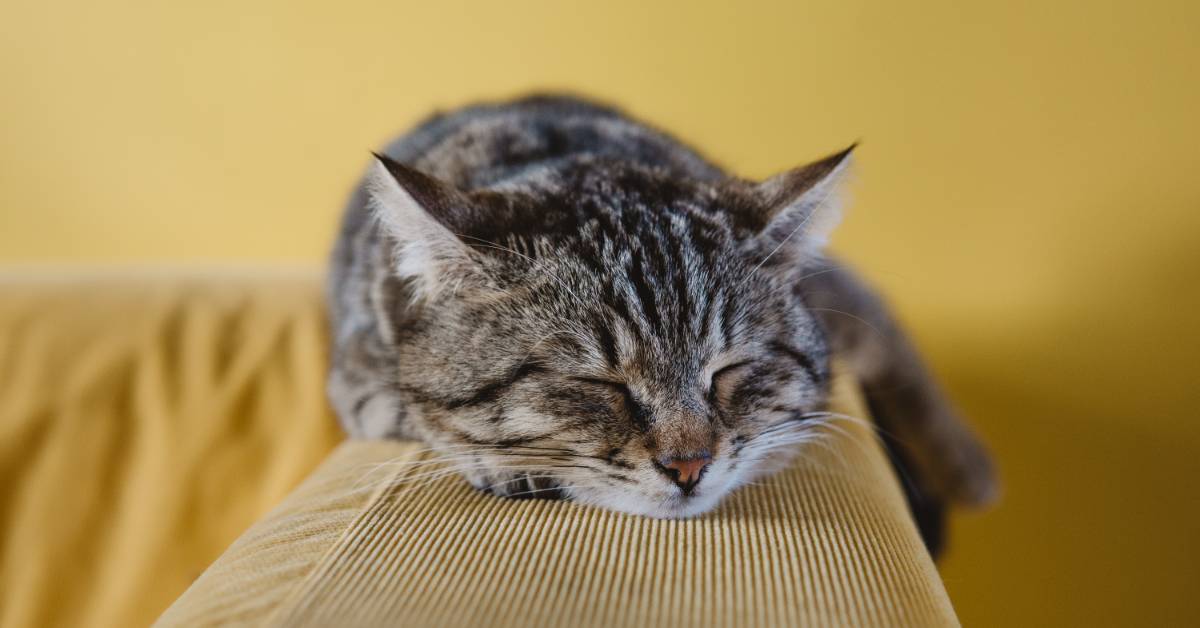Need A Dentist? Andrew S. Curry, D.D.S.
Texarkana Top Rated Local® Dental Care
Sleep Apnea: What Is It? Part Two

If you follow our blog, then you know we’re doing an in-depth, two-part blog on what sleep apnea is and how it affects you personally. If you missed the first part, we covered a definition of sleep apnea and symptoms to look for. Today, we’re going to continue and talk in-depth about each type of apnea and treatment options.
What Causes Sleep Apnea?
Great question! Let’s break down the two types — the third is just the combination of the two — and talk about each one in more depth, so that you can be as informed as possible.
Obstructive Sleep Apnea
We already know that this condition is a result of the muscles in the back of your throat relaxing while you sleep. But, what does that mean? Aren’t your muscles supposed to relax when you sleep? Yes and no. You should be relaxed when you sleep, but there are some muscles that shouldn’t be so relaxed or else they won’t be able to do their job and that usually results in death.
If the muscles in the back of your throat are relaxing too much, it causes your airway to close as you inhale. Naturally, your brain wakes you up to adjust so that you don’t accidentally die in your sleep. Studies have found that this process can happen anywhere from five to thirty times a night!
Some factors that increase your risk of developing obstructive sleep apnea are…
- Obesity
- Narrow Airway – if you have a narrow throat, thick neck, or large tonsils you are at a higher risk
- Age – occurs more in older adults
- Sex – men are three times for likely to have sleep apnea
- Genetics
- Alcohol – relaxes the muscles in your throat!
- Smoking – inflames the inside of your throat and narrows your airway
- Nasal Congestion
Central Sleep Apnea
This is a more rare type of sleep apnea. For all intents and purposes, it’s caused by the fact that your brain doesn’t send any signals and your body “forgets” to breathe for a short period of time. If you wake up gasping or have an inordinately difficult time sleeping, this may be the case for you.
Some factors that increase your risk of developing obstructive sleep apnea are…
- Age – occurs more in older adults
- Sex – men are three times for likely to have sleep apnea
- Heart Disorders – especially congestive heart failure
- Opioid Use – even prescription narcotic pain management
- Stroke
How Do You Treat Sleep Apnea?
As you can probably imagine, there are several different options to treating sleep apnea depending on the severity of each case. If your sleep apnea is extremely severe, a doctor or dentist may suggest surgery if no other treatment options are working. However, there are two common forms of treatment that work in the majority of cases, so those are what we’re going to talk about today.
Lifestyle Changes
Lifestyle changes may be something that your medical professional suggests, such as quitting smoking, losing weight, or treating nasal allergies. These changes are easier said than done, but ultimately pay off in the long run if you’re successful in implementing the changes in your life.
CPAP Machines
This is probably the form of treatment that you’re most familiar with. These machines are a type of therapy that helps open a blocked airway. CPAP stands for Continuous Positive Airway Pressure and this machine is so far the most reliable form of sleep apnea treatment available. It involves wearing a mask, or a sleep apnea mouthpiece, that continuously delivers air pressure greater than surrounding air gently forcing your airways to remain open — a solution for both apnea and snoring! Some people find sleeping with a mask difficult, but those who are patient and perseverant with themselves often adjust to sleeping with the mask and find the right tension and position to get a restful night’s sleep.
Dr. Andrew Curry
Are you ready to sleep better, live happier, and be healthier? Dr. Andrew Curry is a well-practiced, experienced, education professional in the field of sleep apnea. We suggest going to see Dr. Curry at Texarkana’s Top Rated Local Dentistry for all your sleep apnea needs like diagnosis, treatment, and aftercare. Call today to schedule an appointment!




